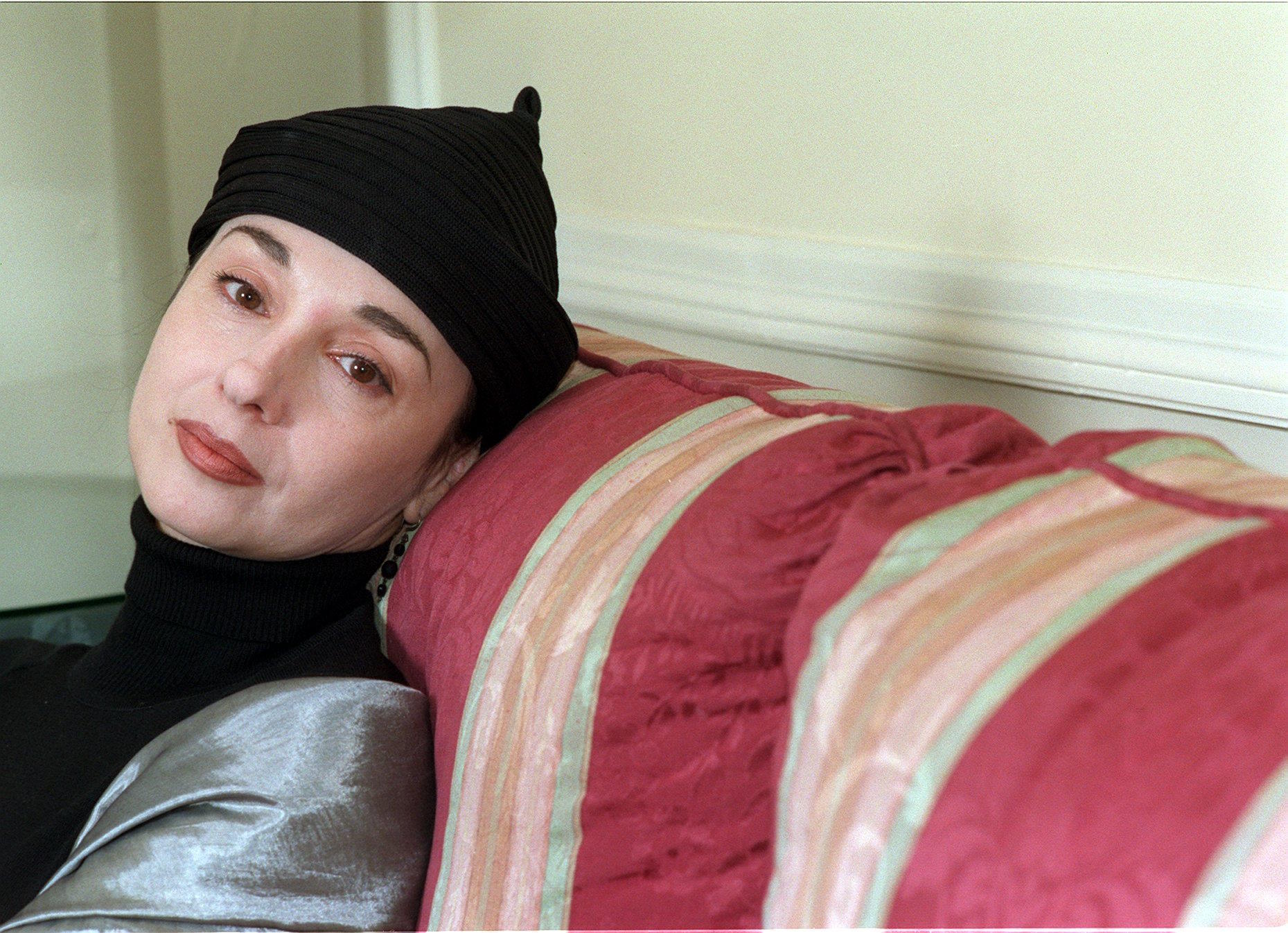Susana Maria Alfonso de Aguiar, known as Mísia, liked to say that the word fado comes from Latin, fatum, destiny, and that is why the Portuguese song is not danced, unlike familiar genres like tango or flamenco. Fado, according to Mísia, meant "the acceptance of destiny," and that imposes stillness. Misia (Oporto, 1955) has just passed away in Lisbon after eight years of illness, and Portugal bids her farewell as a singer of her time and, at the same time, as a wise woman capable of expressing the inexpressible.
Her father was Portuguese and her mother Catalan, an artist in a variety show in Paralelo, and her career only took off in 1990, when Amalia Rodrigues still reigned in her genre. Mísia was, probably along with Dulce Pontes, the most serious alternative to take Rodrigues' place, although at the same time, she was a disruptive figure. The now deceased singer presented herself as "an anarchist of fado," more attentive to the essence of the genre's pain than its courtesies, equally willing to explore the genre's boundaries as to delve into its history. Mísia explored bolero, flamenco, and Latin American songs, and recorded songs from Nine Inch Nails and Joy Division. She gave concerts where she dared with Brahms and the Baroque tradition, brought the accordion and violin to her genre, and sang texts by Pessoa, Saramago, and Lobo Antunes.
In fact, Mísia described her career as a permanent tension between two extremes: the attachment to the essence of fado on one hand and the instinct for rupture. "I am not the queen of fado, I am the punk of fado", she said in an interview with EL MUNDO in 2005. By that time, the singer had stopped living permanently in her house in Santa Catarina, in the Barrio Alto of Lisbon, and had moved to Boulevard Voltaire in Paris. Mísia said she was tired of being questioned in her country for wanting to do something new with fado. The paradox is that the French distance led her to record Lisboarium, her most orthodox album.
Mísia was also a nearly theatrical character, in the way Mina was in Italy 15 years earlier. Cold and warm at the same time, sensual and mysterious as if taken from a Hollywood movie from the 30s, a bit tavern-like and cursed... She often recounted that one of the great epiphanic moments of her life occurred when she met Camarón de la Isla in a nightclub in Madrid. In an ideal world, they must have talked about destiny, about the Latin fatum.
State farewall
The news of Mísia's death was announced by the Government of the Portuguese Republic, which gives an idea of her importance. The Portuguese Minister of Culture, Dalila Rodrigues, lamented her passing in a statement sent to the media and highlighted that "Mísia was a fundamental voice in the renewal of fado, unafraid to experiment with new sounds and less conventional approaches."
"Proof of how she gained the recognition of her peers, she leaves us with a vast list of collaborations with musicians from around the world, demonstrating her versatility and talent," she pointed out.
According to local media, Mísia -who celebrated her three decades of musical career two years ago- passed away in a Lisbon hospital due to a crisis related to her illness.
